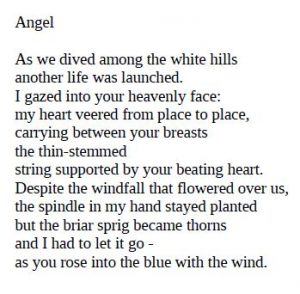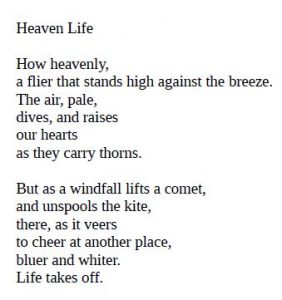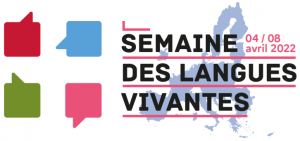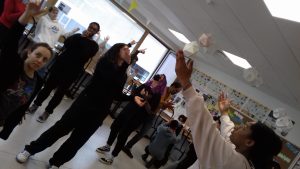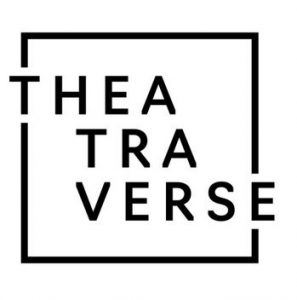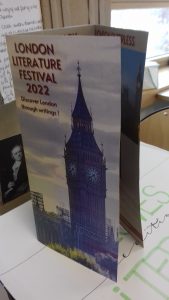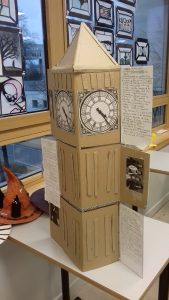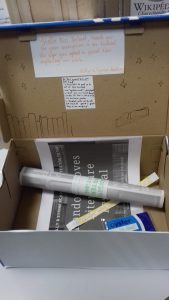There are magazine covers that go down in History. Such is the case with the Time cover from June 9, 2014. For the first time, this iconic American magazine invited a transgender personality to be on the cover. Her name is Laverne Cox and she is one of the main actresses of the series Orange Is The New Black. Her photo is accompanied by a title « The Transgender Tipping Point ». Time was right. From being a hidden phenomenon for a long time, trans identity first became an illness, then a social movement demanding rights.
Since then, in the media, trans people have become both more numerous and more represented. But this increased presence is only the tip of the iceberg. Visibility has a price. We no longer count the articles which are alarmed by a « trans wave » or a « transgender delirium ». These positions denote a fear, a phobia of trans people: some think that their place in society must be reduced to avoid a risk of « contagion ». The same irrational fears and absurd preconceptions that circulated about homosexuals in the 70’s.
Many speak of a « trend ». And it is true that the appearance in the public debate of the trans question and more generally of LGBTQ+ people can give the impression of a sudden movement, of a fashion effect. This is simply due to the fact that the context is more favourable than ever to assert oneself and discover oneself as trans or homosexual. Imagine a society that discriminates against people with blue eyes. Then parents will put green or brown lenses on their children’s eyes to hide their true eye color. Some children will be aware of their true identity, which they will have to hide throughout their lives, while others will be convinced that their eyes are green or brown. As society becomes more accepting and gives rights to blue-eyed people, then those children who have lived in denial, ignorance and oppression of their identity will remove their lenses.
Society then discovers that a huge part of the population has blue eyes and as awareness changes about blue-eyed people, more and more people remove their lenses and come out. Blue-eyed people did not just appear, they were simply forced to blend in and meet the law of the norm so as not to risk being killed. You will have understood that blue eyes are here an allegory of transidentity or homosexuality. There are not more people with blue eyes, just that society allows them to live.
It is thanks to the visibility of the media and the public sphere that young people can now understand their transidentity. This saves them from a life of denial, concealment and suffering. This is why the « LGBTQ wave » is finding its place in our generation. But it is also a chance for people of all ages to become aware of, to stop being ashamed, to stop hiding, to accept their trans-identity, with pride.
To recognize that there are trans people is to recognize that the world is not binary, that the male/female division around which our society is organized is not set in stone. And it is precisely this questioning of our society’s foundations that frightens.
The collective imagination tends to believe that one is born a girl, that one is born a boy, that the specific behaviors of the two sexes are the result of biology. Values, roles, characters, functions are cultural constructions. Trans identities question many of the truths that organize our society. It confirms that gender is not a natural continuation of sex, that human beings do not always meet the expectations we have of them.
I was not born a girl. I was never attracted and never fit into the boxes of the girl that society expected. I am transgender.
My life is far from being an exception and you will surely have observed many other trans students in our school. And I am speaking out loud today on their behalf as well. Assuming oneself, confronting oneself and accepting who one really is, is to face the heavy gaze of others: it takes a lot more courage than conforming to social codes.
Being transgender is to risk being rejected by your family, friends, society.
Being transgender is to exhaust yourself justifying your condition to people.
Being transgender is to be insulted by people who use science or religion to deny your existence.
Do you still think we are playing a game? That we enjoy living a life of struggle for recognition of who we are?
Let’s appreciate our differences because they constitute the greatest wealth of Humanity. We have already used too much violence justified by a skin color, a religion, a sexual orientation different from this cultural straitjacket that is the « norm ». Racism, homophobia or any form of hatred have always failed to make the human species a uniform identity. Will we be a nation where there is only one way to love, one way to be, one way to live? Or will we be a nation where everyone has the freedom to live openly, outside the prism of the majority ? You would be amazed, overwhelmed by the extraordinary strength and infinite generosity that humans have when they unite. Hate is a danger to all and so it is everyone’s business to fight it.
Together, we can control this fire and preserve the values that unite us all as one human family. Heal the world, make it a better place, for you, for me and the entire human race.
Sacha

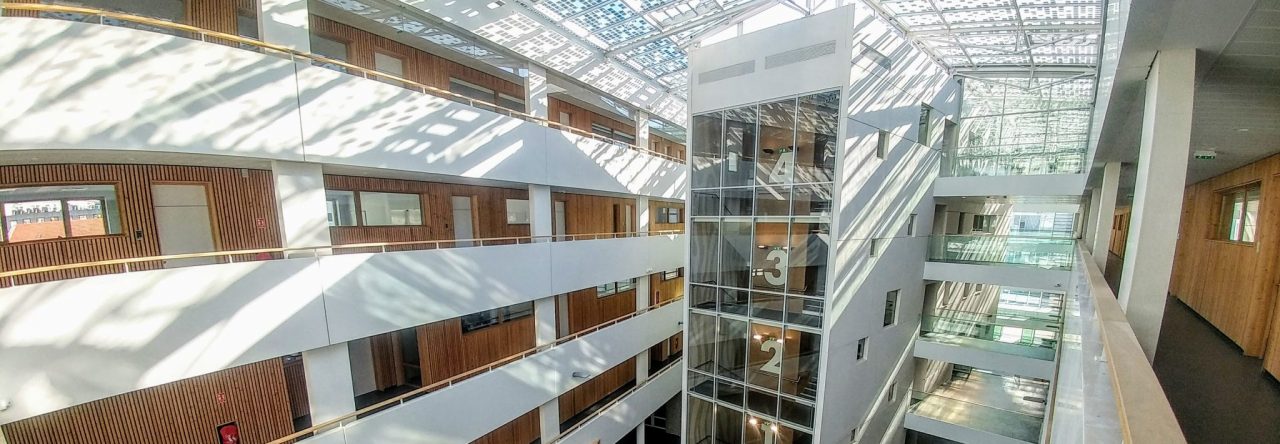
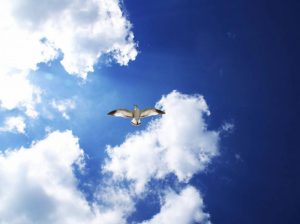 ations to the three finalists from lycée Lucie Aubrac! The theme of this year’s competition was AIR.
ations to the three finalists from lycée Lucie Aubrac! The theme of this year’s competition was AIR.